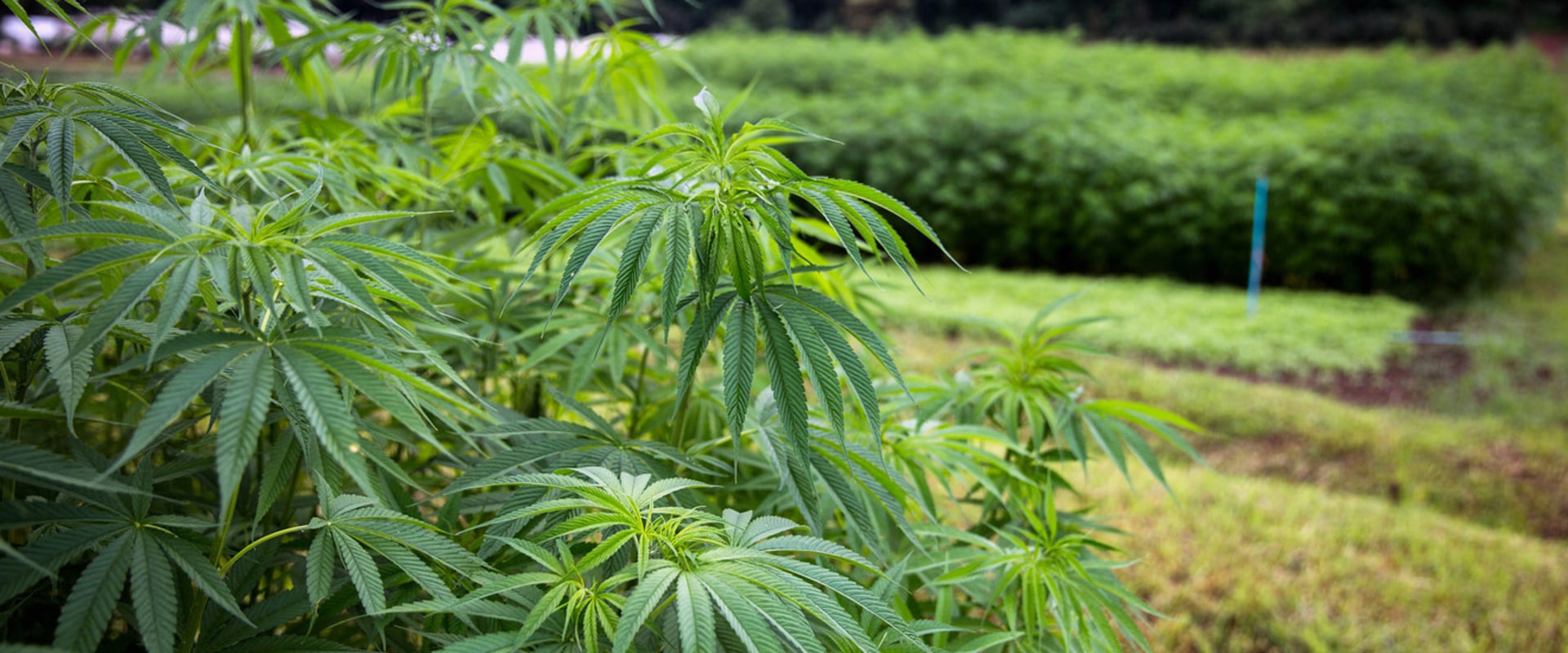The cultivation of hemp has been a contentious issue in the United States for decades. In 1970, the Controlled Substances Act effectively banned industrial hemp production, and it wasn't until 2018 that hemp was officially removed from the list of controlled substances. This article will explore the timeline of hemp legalization in the United States, from its initial ban to its current status as a legal crop. The Controlled Substances Act of 1970 was a major factor in the banning of hemp production in the United States.
This act classified hemp as a Schedule I drug, meaning it had no accepted medical use and a high potential for abuse. This classification effectively banned industrial hemp production and made it illegal to transport hemp across state lines, even if the shipment went through a state that did allow hemp cultivation. In 2014, Congress passed the Farm Bill, which allowed states to create pilot programs for industrial hemp research and cultivation. This bill was a major step forward in the legalization of hemp, but it still did not fully legalize hemp production on a federal level.
In 2018, Congress passed the Agriculture Improvement Act of 2018, commonly known as the 2018 Farm Bill. This bill removed hemp from the Controlled Substances Act and defined it as Cannabis sativa L., with a THC concentration of no more than 0.3%. The bill also established regulations for hemp cultivation and production, and it gave oversight authority to the Department of Agriculture (USDA). The 2018 Farm Bill also clarified that interstate transportation of hemp is legal, even if the shipment goes through a state that does not allow hemp cultivation.
This ruling was further reinforced by a USDA ruling in 2020 that clarified that states cannot block shipments of hemp that are produced in accordance with federal law. Today, hemp is legal to cultivate and produce in all 50 states, provided that it is done in accordance with federal regulations. The USDA oversees all aspects of hemp production, including licensing, testing, and compliance.
